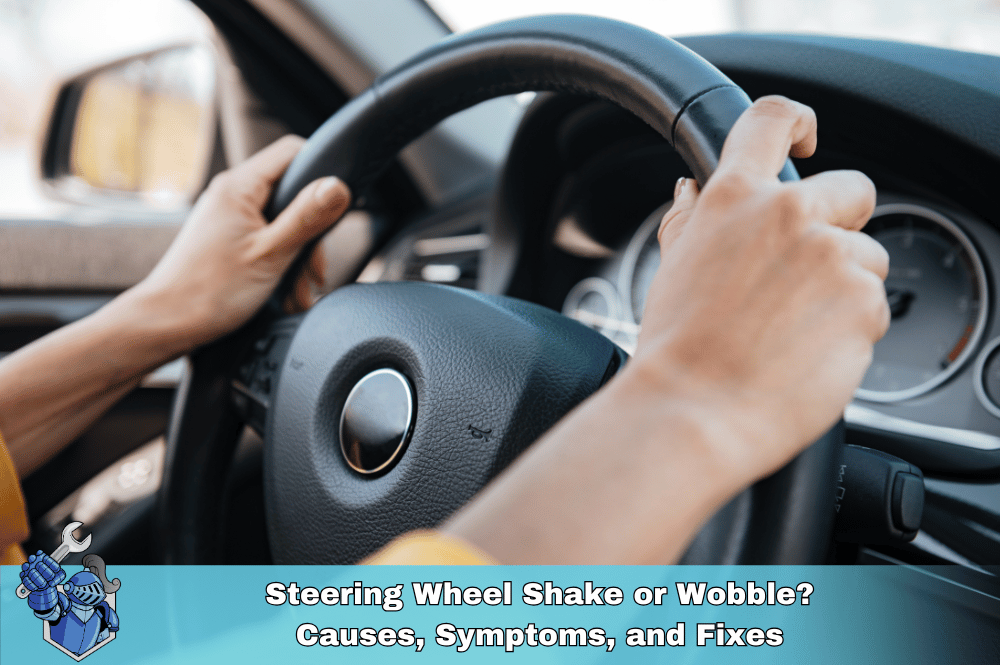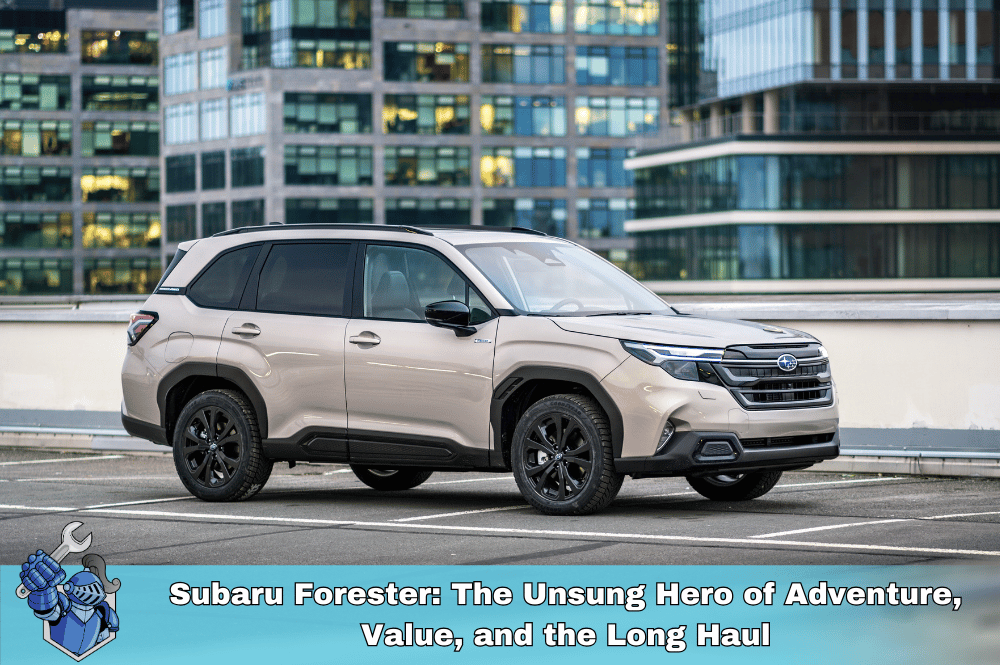The average engine lifespan is around 150,000 to 200,000 miles. However, with proper maintenance and care, some engines can last much longer.
Engines are the heart of your vehicle, and like any other mechanical system, they have a finite lifespan. However, with proper maintenance, some engines can last for hundreds of thousands of miles. But how long do engines last on average, and what can you do to extend their lifespan? In this definitive guide, we’ll explore the factors that affect engine longevity, the signs of a worn-out engine, and tips to help your engine last as long as possible.
Average Engine Lifespan in Miles
The lifespan of a car engine can vary widely depending on several factors, including the make and model of the vehicle, the driving habits of the owner, and how well the engine is maintained. On average, most car engines are designed to last between 150,000 to 200,000 miles. However, with the right care, many engines can last much longer, even up to 300,000 miles or more.
In fact, there are numerous stories of vehicles reaching the 500,000-mile mark with their original engine still intact. Brands like Toyota and Honda are known for their long-lasting engines, while others might not have the same track record. The key takeaway is that, while engine longevity can vary, regular maintenance plays a significant role in determining how long your engine will last.
Factors Affecting Engine Life
Understanding the factors that impact your engine's lifespan can help you take steps to maximize its longevity. Below are some of the most critical elements:
Regular Maintenance:
This is the single most important factor in prolonging engine life. Regular oil changes, fluid checks, and replacing worn-out components help reduce wear and tear on your engine.
Driving Habits:
How you drive can significantly affect your engine's health. Aggressive driving, frequent short trips, and prolonged idling put unnecessary strain on your engine. On the other hand, smooth acceleration, moderate speeds, and highway driving are much gentler on the engine.
Quality of Oil and Fuel:
Using high-quality motor oil and premium fuel can help improve engine efficiency and reduce wear. Low-quality fuels may lead to carbon buildup and other issues that reduce engine lifespan.
Climate Conditions:
Engines tend to wear out faster in extreme weather conditions. For example, driving in excessively hot or cold environments can put additional strain on the engine, potentially reducing its longevity.
Manufacturer and Model:
Some car manufacturers design engines to last longer than others. Brands with a reputation for longevity, like Toyota, Honda, and Subaru, often produce engines that can surpass the 200,000-mile mark with ease.
Engine Size and Type:
Smaller, turbocharged engines may wear out faster than naturally aspirated engines, especially if they are pushed to their limits regularly. Diesel engines, on the other hand, are often built to last longer than gasoline engines.
By keeping these factors in mind, you can take proactive steps to ensure that your engine reaches its maximum potential.
Signs of a Worn-Out Engine
While modern engines are incredibly durable, they don’t last forever. Over time, various components will start to wear out, leading to potential engine failure. Here are some common signs that your engine may be nearing the end of its lifespan:
Excessive Exhaust Smoke:
Dark, thick smoke from your exhaust could indicate engine oil burning, a clear sign of internal engine damage.
Knocking or Ticking Sounds:
Unusual noises, like knocking or ticking, may signal problems with your engine’s internal components, such as the valves or pistons.
Oil Leaks:
Persistent oil leaks are often a sign of worn-out engine seals, which can lead to significant engine damage if not addressed.
Loss of Power:
If your engine is struggling to maintain speed or acceleration, it could indicate that the engine is no longer functioning efficiently.
Overheating:
Frequent overheating may suggest that your engine is working harder than it should be, which could lead to catastrophic failure over time.
If you notice any of these signs, it’s essential to get your engine inspected by a professional as soon as possible to prevent further damage.
How to Extend Engine Life
While no engine lasts forever, there are several ways to maximize your engine’s lifespan and keep your car running smoothly for years to come. Here’s what you can do:
Regular Oil Changes:
Changing your engine oil at the manufacturer-recommended intervals helps prevent the buildup of sludge and deposits, which can reduce engine efficiency.
Keep Your Cooling System in Check:
Overheating is one of the quickest ways to destroy an engine. Regularly check your coolant levels and make sure your radiator and cooling system are functioning properly.
Use High-Quality Parts:
When replacing parts like filters, spark plugs, and belts, always opt for high-quality, manufacturer-approved components. Cheap parts can fail prematurely and cause engine damage.
Drive Smoothly:
Avoid aggressive driving, rapid acceleration, and sudden stops. These driving habits can put unnecessary stress on your engine and other critical components.
Regular Inspections:
Have your engine inspected regularly by a mechanic to catch potential issues early. Early detection of minor problems can prevent them from becoming major repairs down the line.
When to Replace an Engine
At some point, even the most well-maintained engines will reach the end of their lifespan. But when is it time to replace an engine rather than repair it? Here are a few scenarios where replacing the engine might make more sense:
Frequent Breakdowns:
If your engine constantly needs repairs, it might be more cost-effective to replace it rather than continually pay for fixes.
Severe Damage:
Issues like a blown head gasket or a cracked engine block may be too expensive to repair, making a full engine replacement the better option.
High Mileage:
If your engine has accumulated over 200,000 miles and is showing signs of significant wear, it may be nearing the end of its life.
Cost of Repairs:
When the cost of repairing the engine exceeds the car's value, it’s often more practical to replace the engine or even the vehicle itself.
If you’re in this situation, it might be time to consider a Noble Quote Warranty for peace of mind. With coverage options that include roadside assistance, towing, and engine repairs, Noble Quote Auto Protection can help you avoid costly repairs and keep your vehicle running smoothly.
Noble Quote Warranty: Protecting Your Engine for the Long Haul
Even the best-maintained engines can run into issues over time. That’s why it’s essential to have a Noble Quote Warranty. With comprehensive coverage, you can protect your car from unexpected repairs, including engine breakdowns. Plus, with our Noble Quote Auto Protection, you get additional benefits like 24/7 roadside assistance, towing, and rental car coverage to give you total peace of mind.
For more information on protecting your engine and vehicle, visit our Learning Center to explore your options today.
Final Thoughts
The lifespan of your engine ultimately depends on how well you take care of it. With regular maintenance, smooth driving, and timely repairs, your engine can last well beyond the average mileage. And for those inevitable issues that come up along the way, a Noble Quote Warranty can help cover repairs and keep your vehicle running smoothly for years to come.
Your Engine's Lifespan: Answers to Your Burning Questions
What is the average lifespan of a car engine?
What factors affect engine lifespan?
Several factors influence engine lifespan, including driving habits, maintenance routines, oil type and change frequency, climate, and the overall quality of the engine itself.
How can I extend the life of my engine?
Regular maintenance is key. This includes timely oil changes, using the correct oil type, replacing filters, and addressing any issues promptly. Avoiding harsh driving and allowing the engine to warm up before driving hard can also help.
What are the signs that my engine is nearing the end of its life?
Common signs include decreased fuel efficiency, loss of power, strange noises, excessive oil consumption, and persistent warning lights.
Is it worth replacing an engine in an old car?
It depends on the car's overall condition and the cost of the replacement. If the car is in good shape and the engine replacement is affordable, it might be worth it. However, sometimes it's more cost-effective to buy a new car.
Can an engine last 300,000 miles?
Yes, it's possible for an engine to last 300,000 miles or more with meticulous care and maintenance. However, it's not the norm, and major repairs might be needed along the way.
How can I tell if my car needs an engine rebuild or replacement?
A qualified mechanic can diagnose your engine's condition and advise whether a rebuild or replacement is necessary. They will assess compression, oil pressure, and other factors to determine the best course of action.
What is the difference between an engine rebuild and replacement?
An engine rebuild involves disassembling the engine, replacing worn-out parts, and reassembling it. An engine replacement involves swapping out the entire engine for a new or rebuilt one.
How much does it cost to replace or rebuild an engine?
The cost varies depending on the car model, engine type, and labor rates. Engine replacements are typically more expensive than rebuilds.
How can I find a reliable mechanic to work on my engine?
Seek recommendations from friends, family, or online reviews. Look for mechanics with experience working on your car's make and model. Get quotes from multiple shops before making a decision.
Suggestions for you
Read MoreLet’s work together
Every week we showcase three charitable organizations that our donations are sent to. Our clients are able to choose which of these three will receive their gift when they add coverage to their vehicle...

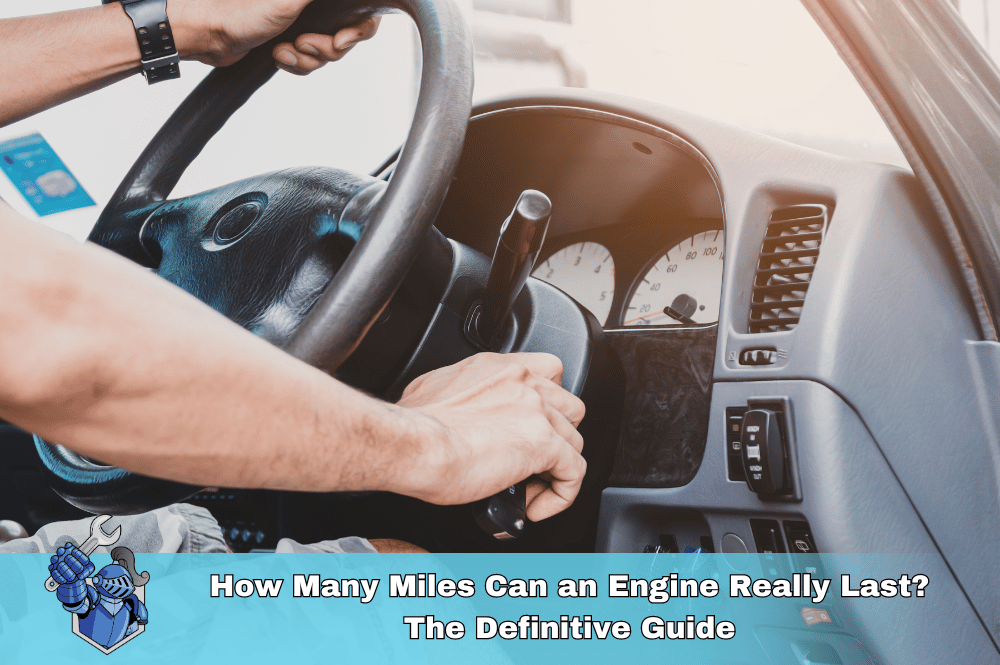
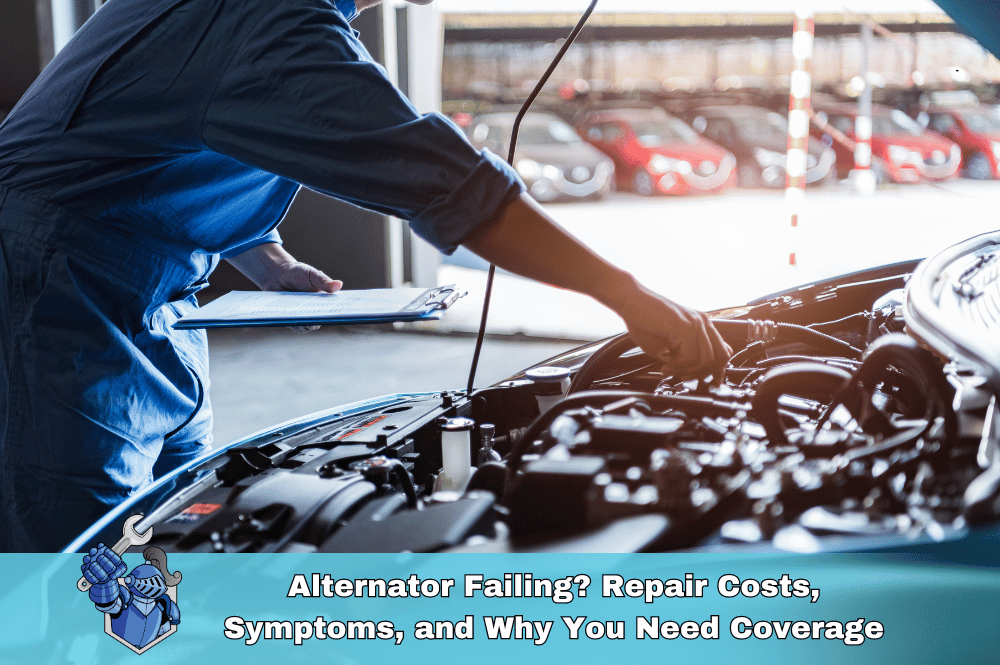 Alternator Failing? Repair Costs, Symptoms, and Why You Need Coverage
Alternator Failing? Repair Costs, Symptoms, and Why You Need Coverage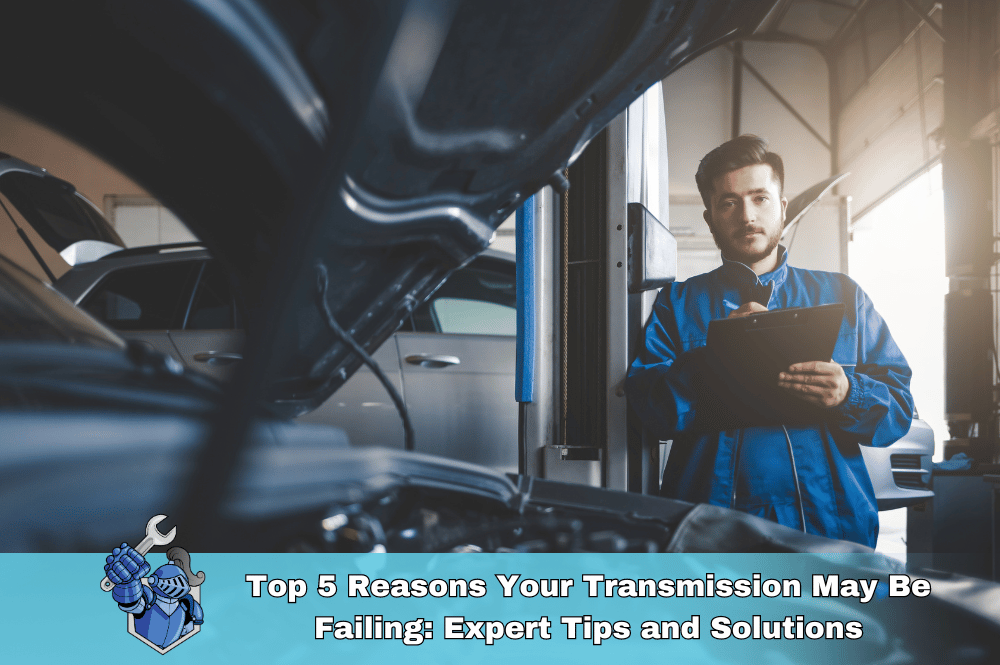 The Essential Guide to Car Maintenance: How to Keep Your Vehicle Running Smoothly
The Essential Guide to Car Maintenance: How to Keep Your Vehicle Running Smoothly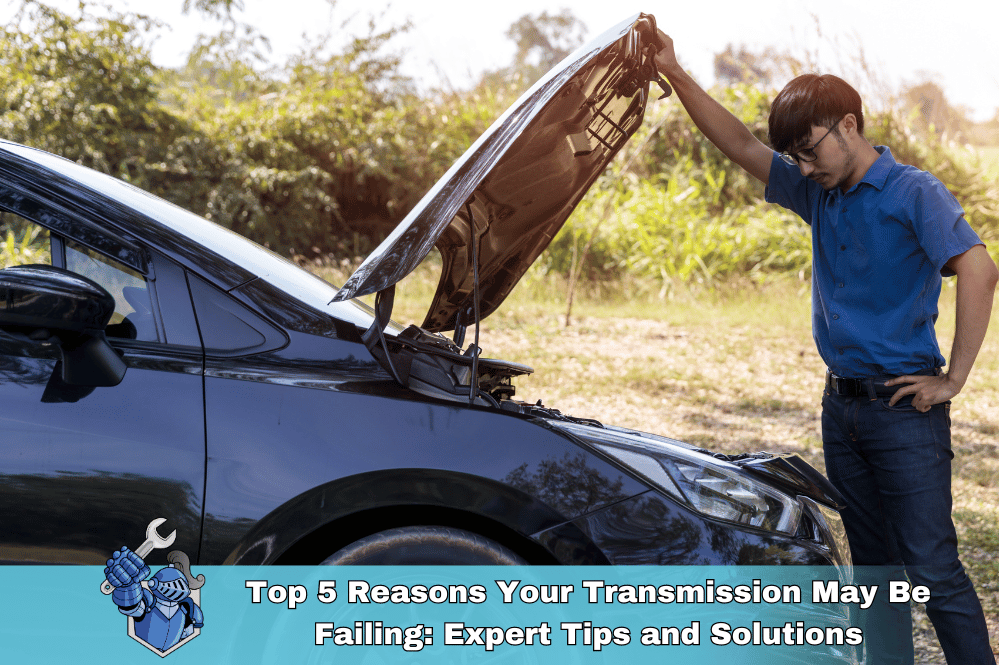 Top 5 Reasons Your Transmission May Be Failing: Expert Tips and Solutions
Top 5 Reasons Your Transmission May Be Failing: Expert Tips and Solutions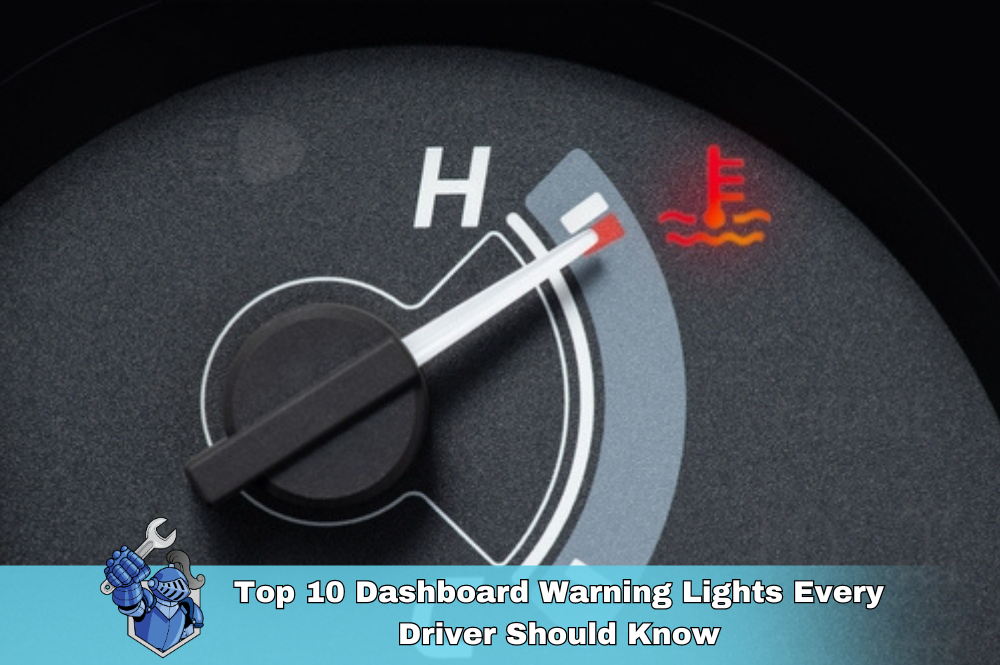 Top 10 Dashboard Warning Lights Every Driver Should Know
Top 10 Dashboard Warning Lights Every Driver Should Know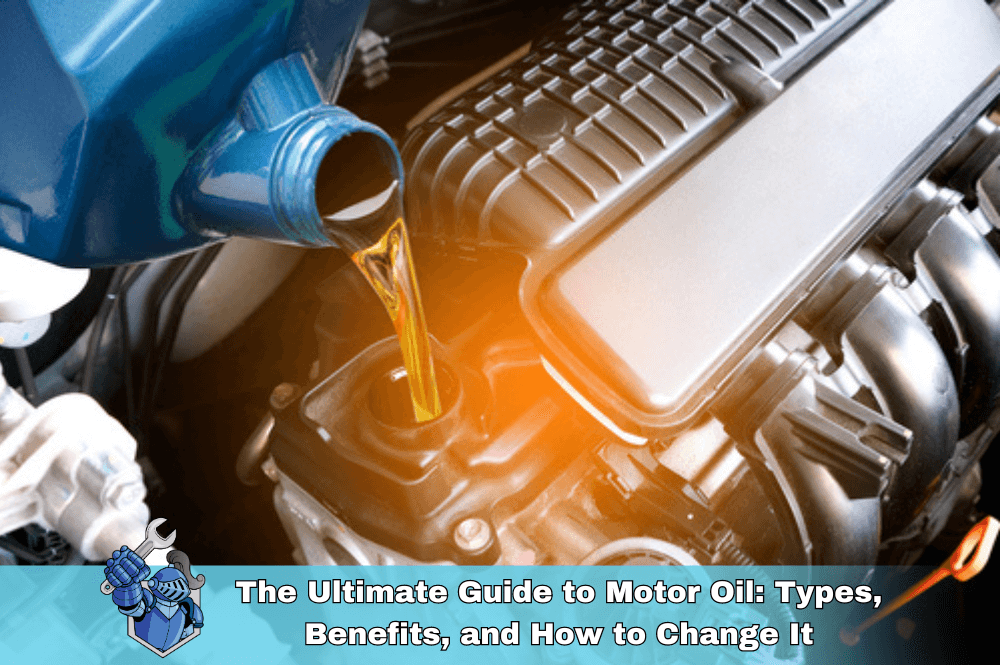 The Ultimate Guide to Motor Oil: Types, Benefits, and How to Change It
The Ultimate Guide to Motor Oil: Types, Benefits, and How to Change It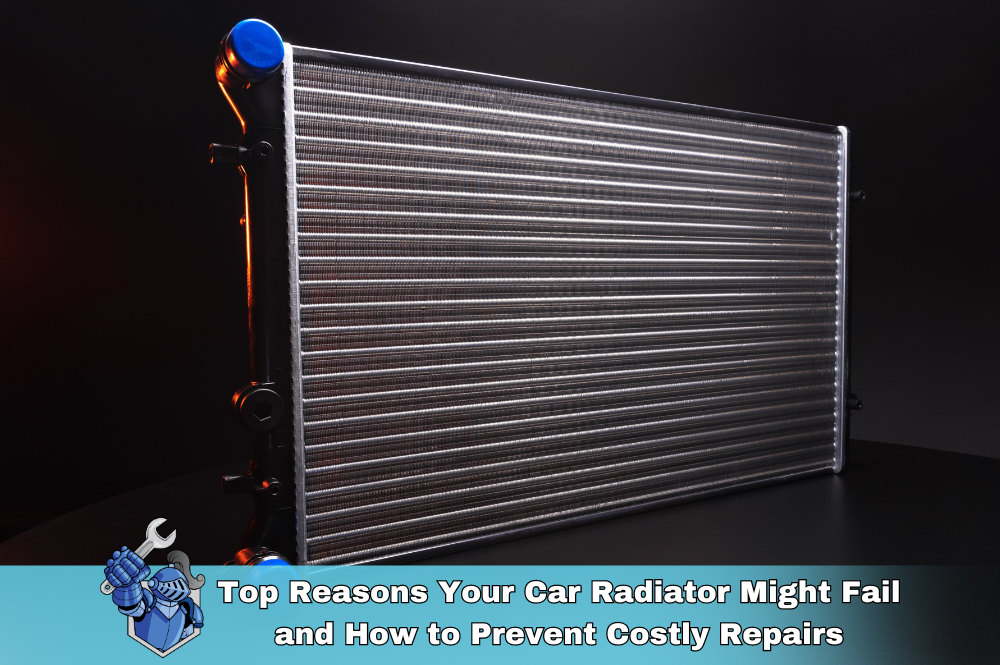 Top Reasons Your Car Radiator Might Fail and How to Prevent Costly Repairs
Top Reasons Your Car Radiator Might Fail and How to Prevent Costly Repairs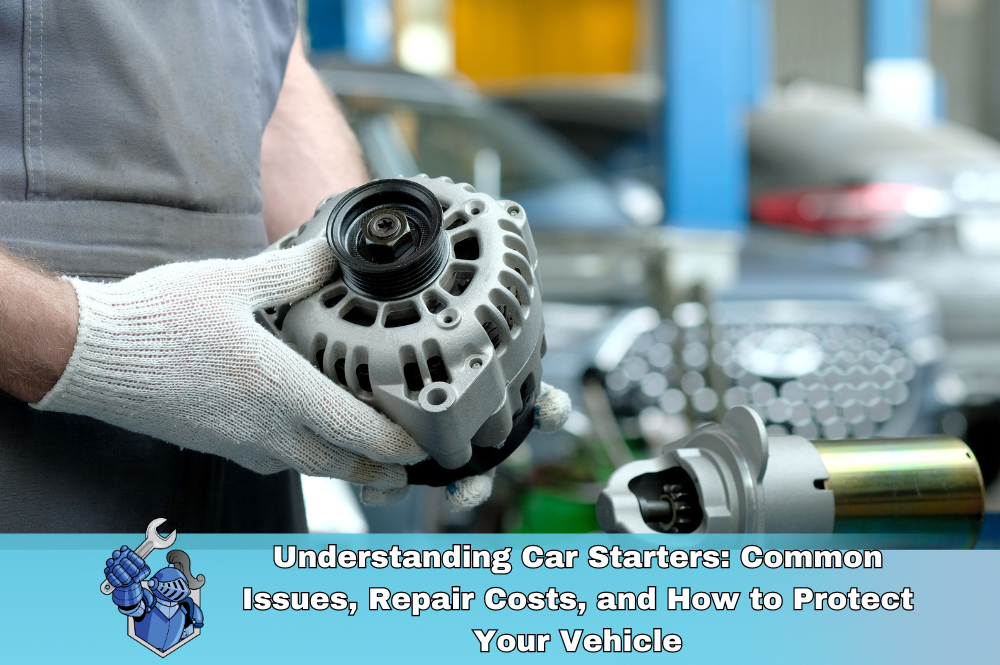 Understanding Car Starters: Common Issues, Repair Costs, and How to Protect Your Vehicle
Understanding Car Starters: Common Issues, Repair Costs, and How to Protect Your Vehicle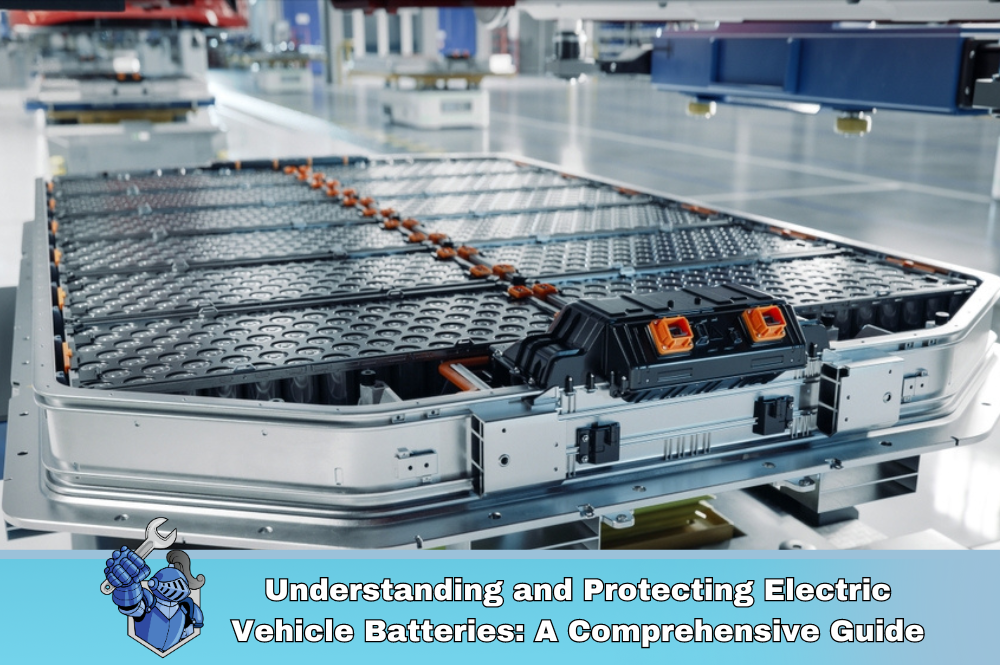 Understanding and Protecting Electric Vehicle Batteries: A Comprehensive Guide
Understanding and Protecting Electric Vehicle Batteries: A Comprehensive Guide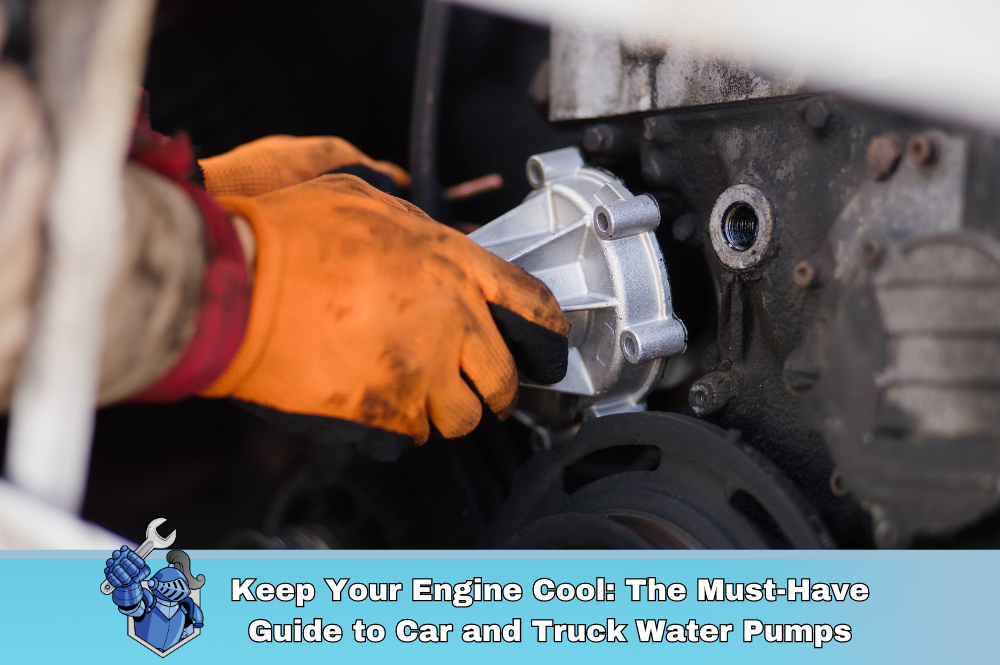 Keep Your Engine Cool: The Must Have Guide to Car and Truck Water Pumps
Keep Your Engine Cool: The Must Have Guide to Car and Truck Water Pumps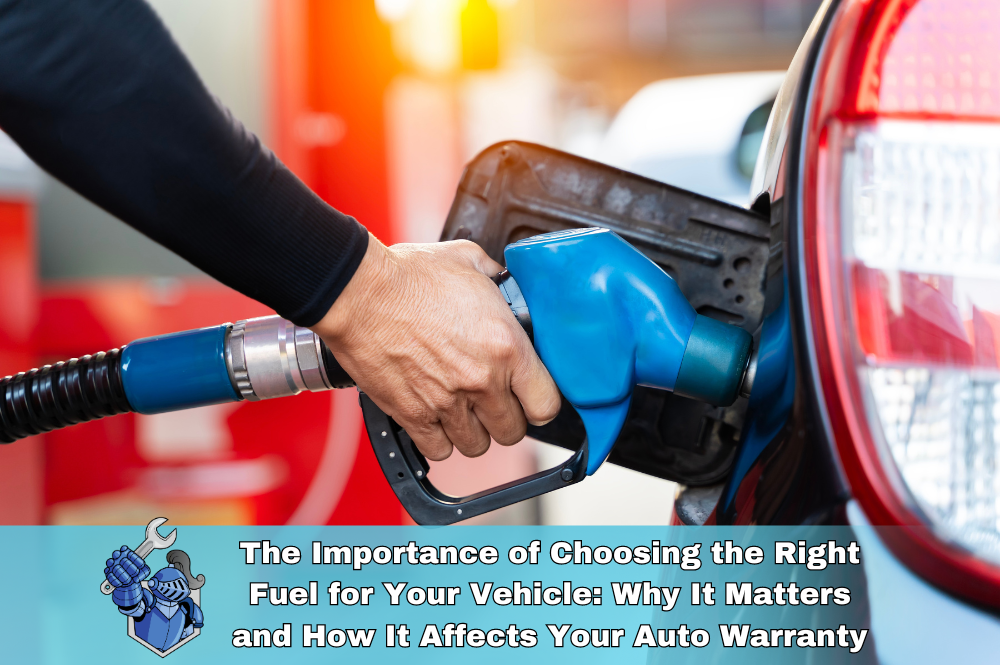 The Importance of Choosing the Right Fuel for Your Vehicle: Why It Matters and How It Affects Your Auto Warranty
The Importance of Choosing the Right Fuel for Your Vehicle: Why It Matters and How It Affects Your Auto Warranty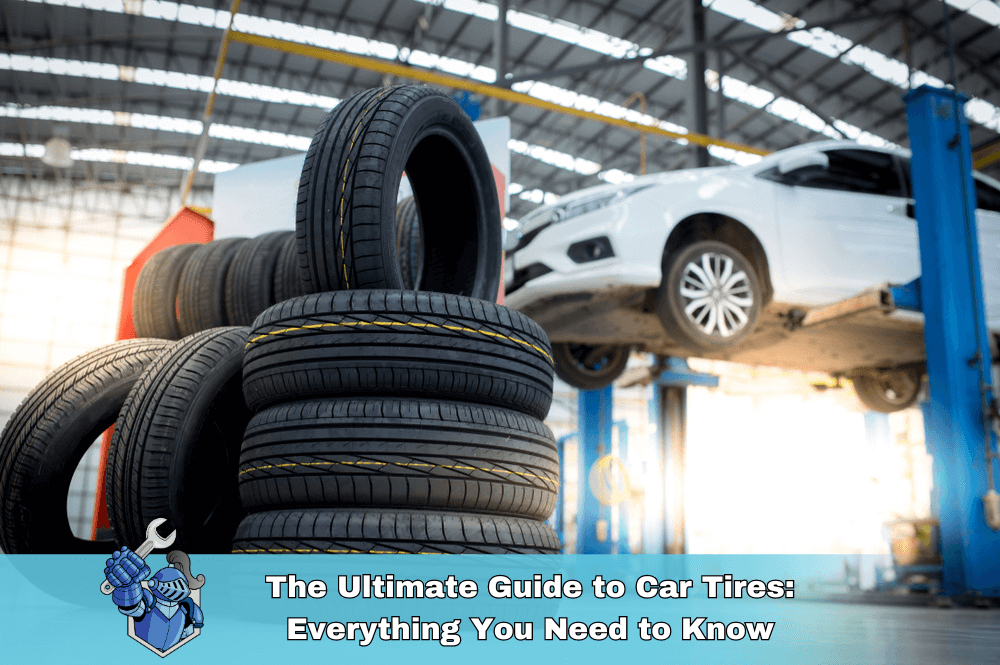 The Ultimate Guide to Car Tires: Everything You Need to Know
The Ultimate Guide to Car Tires: Everything You Need to Know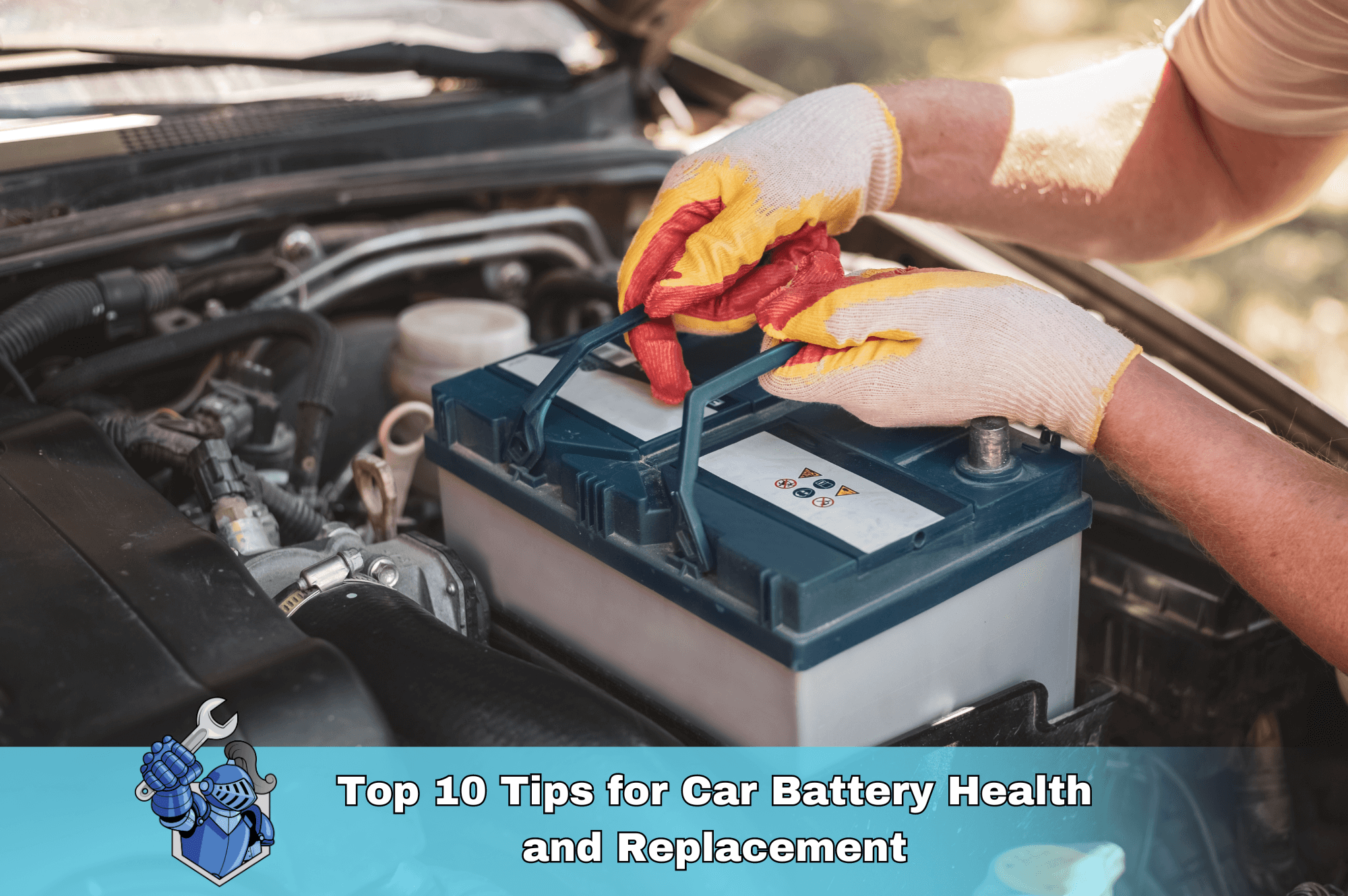 Top 10 Tips for Car Battery Health and Replacement
Top 10 Tips for Car Battery Health and Replacement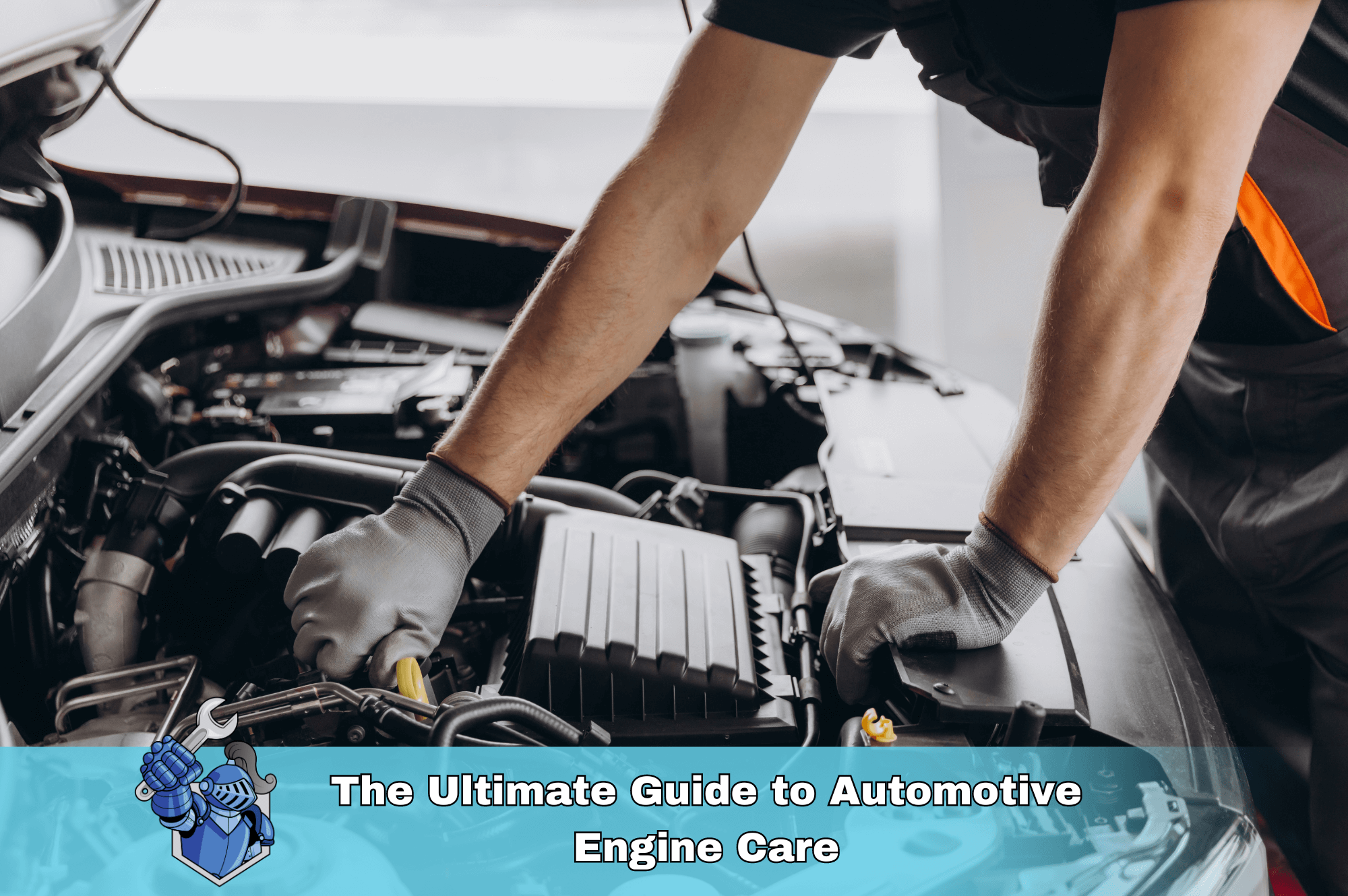 The Ultimate Guide to Automotive Engine Care
The Ultimate Guide to Automotive Engine Care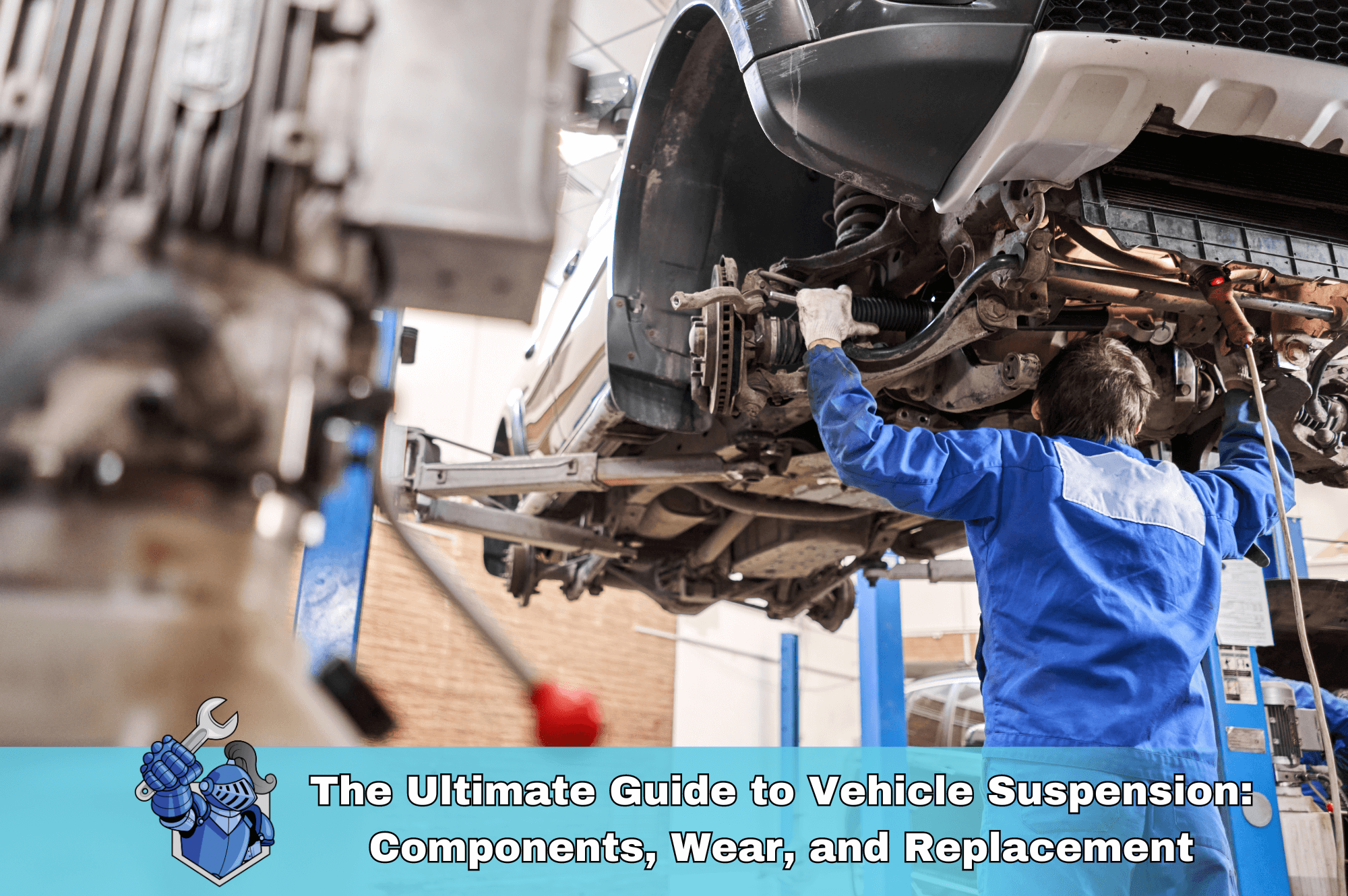 The Ultimate Guide to Vehicle Suspension: Components, Wear, and Replacement
The Ultimate Guide to Vehicle Suspension: Components, Wear, and Replacement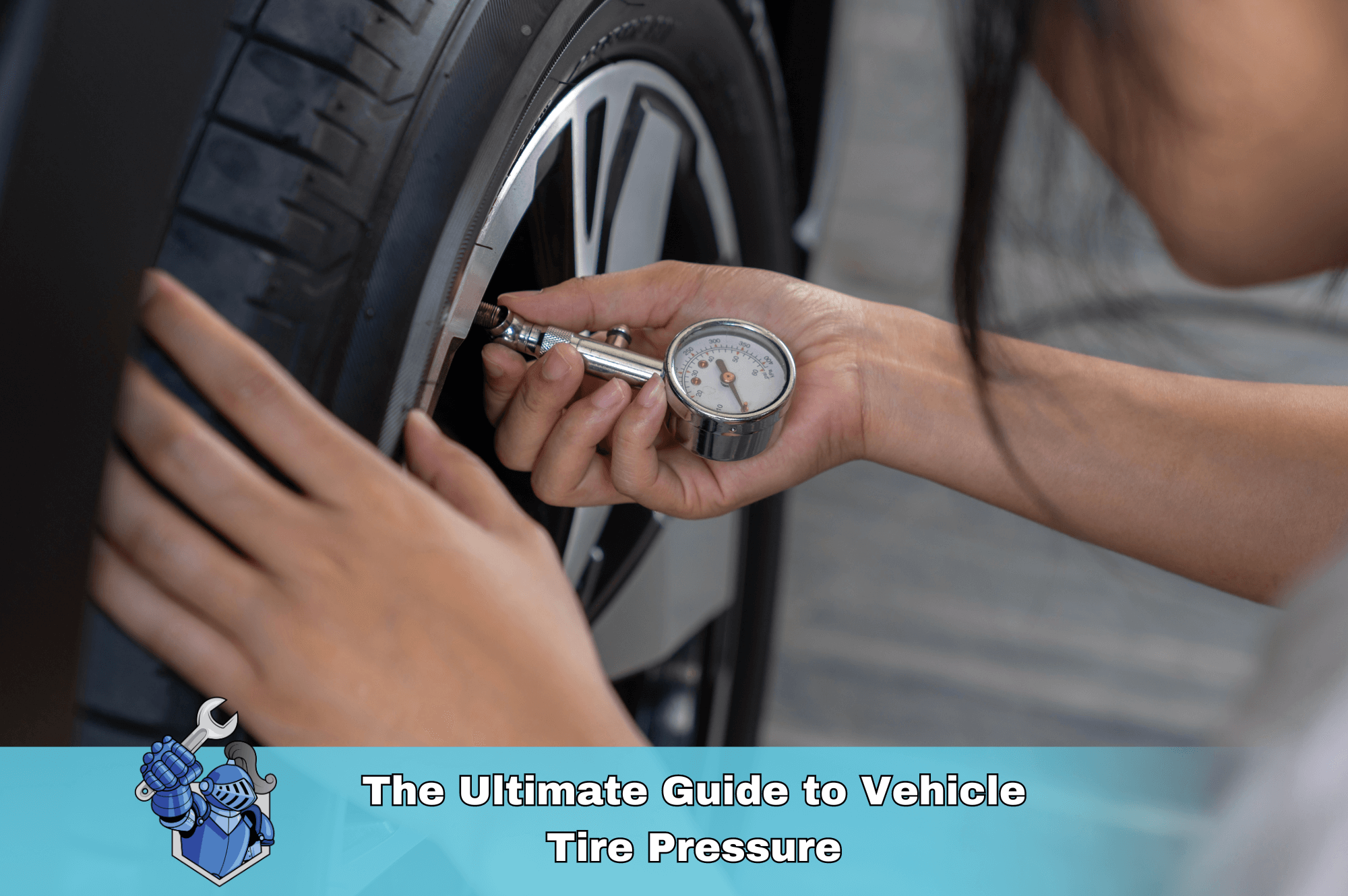 The Ultimate Guide to Vehicle Tire Pressure
The Ultimate Guide to Vehicle Tire Pressure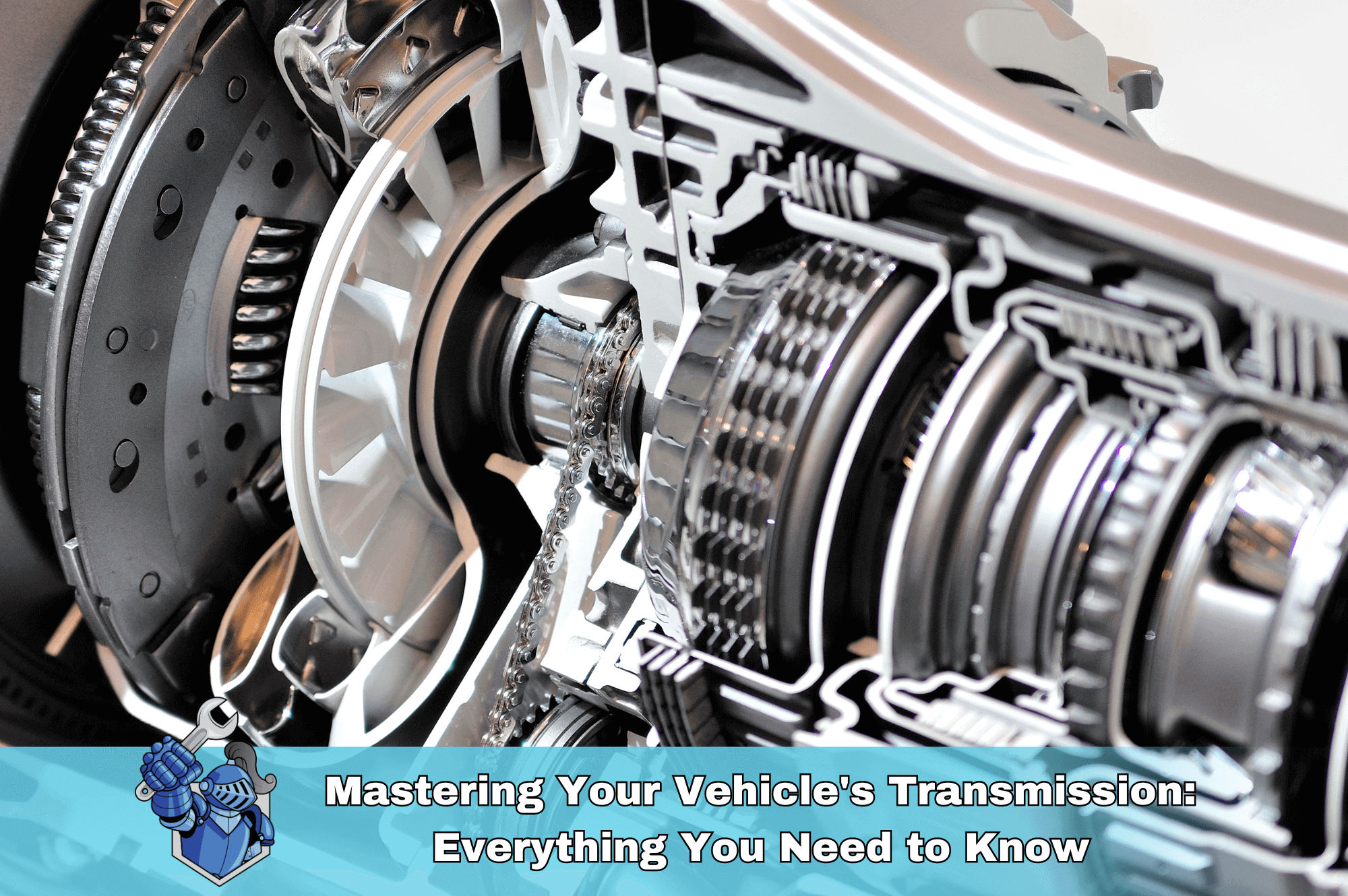 Mastering Your Vehicle's Transmission: Everything You Need to Know
Mastering Your Vehicle's Transmission: Everything You Need to Know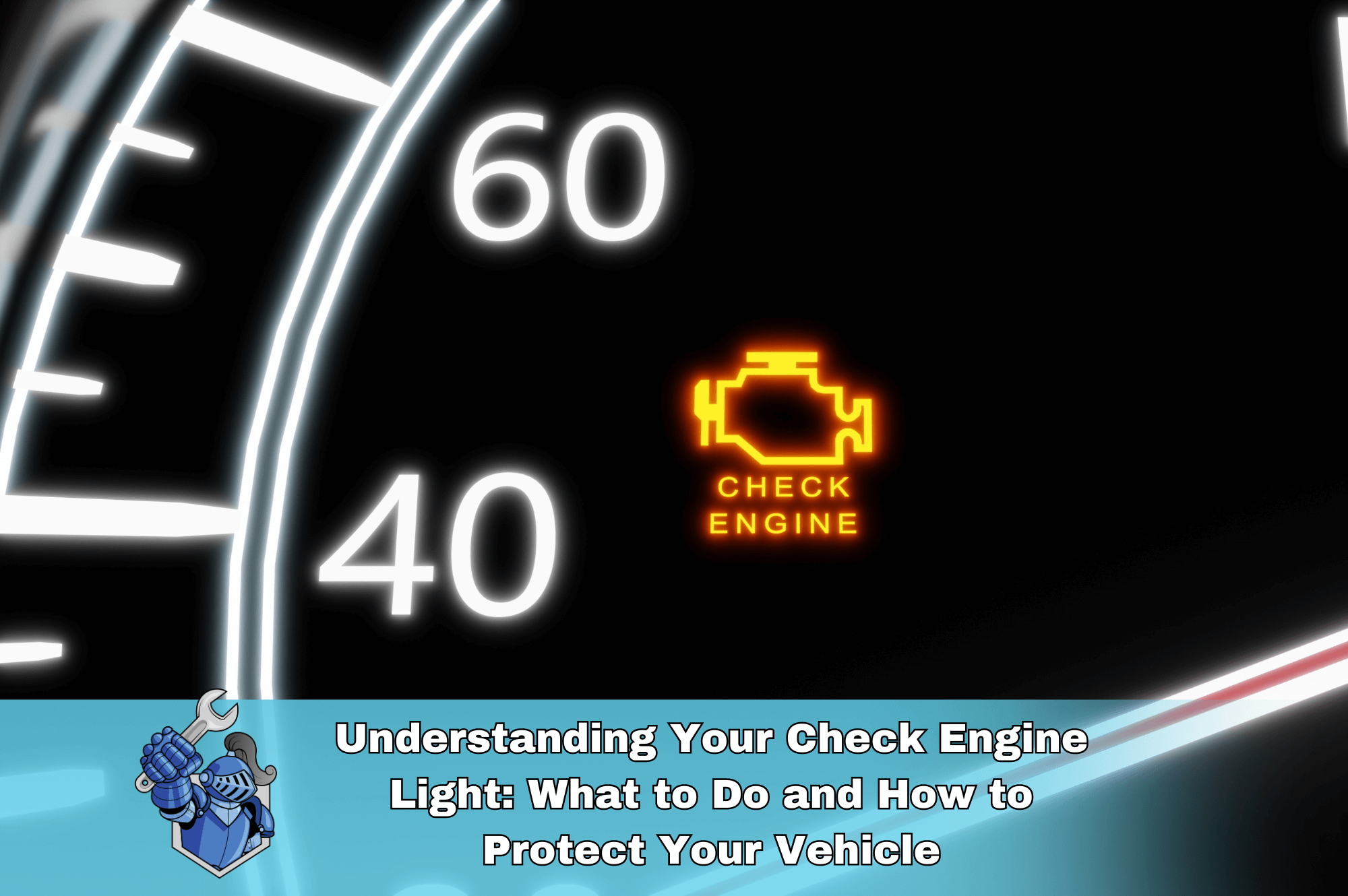 Understanding Your Check Engine Light: What to Do and How to Protect Your Vehicle
Understanding Your Check Engine Light: What to Do and How to Protect Your Vehicle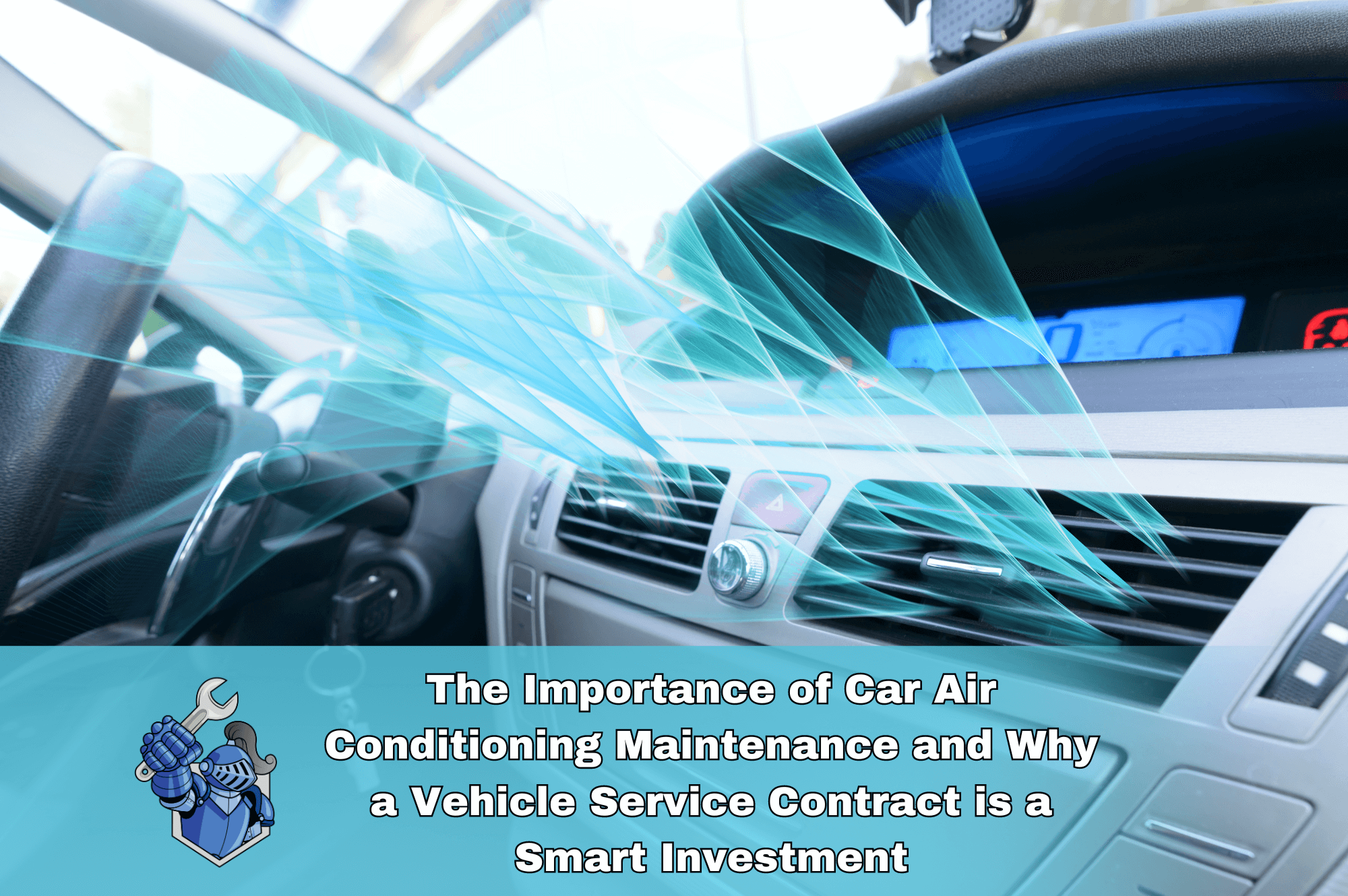 The Importance of Car Air Conditioning Maintenance and Why a Vehicle Service Contract is a Smart Investment
The Importance of Car Air Conditioning Maintenance and Why a Vehicle Service Contract is a Smart Investment